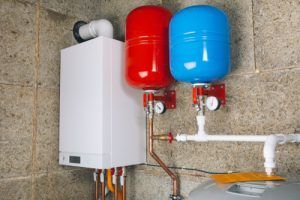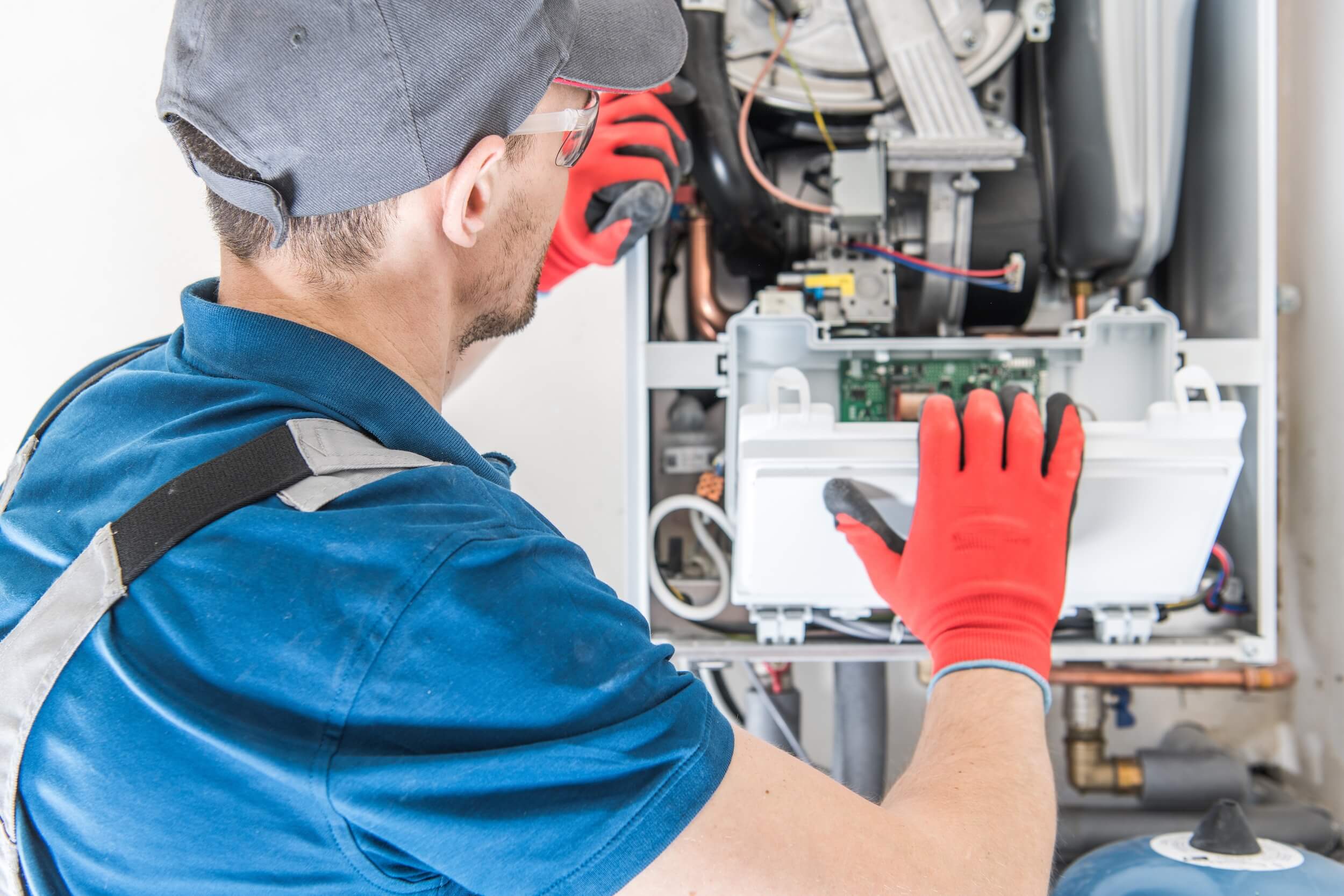Responding to the Everyday Heater Urgent Problems
Responding to the Everyday Heater Urgent Problems
Blog Article
This great article down below in relation to Is Your Water Heater Leaking? is particularly captivating. Check it out yourself and figure out what you think about it.

A hot water heater is one of one of the most crucial basic devices that can be discovered in a residence. With water heaters, you do not require to undergo the anxiety of heating water by hand every time there is a demand to take a bath, do the laundry, or the recipes. There is constantly an opportunity that your water heater would certainly act up as with many mechanical gadgets.
It is important to keep in mind any kind of little malfunction as well as tackle it quickly before points leave hand. Many times, your water heater begins to malfunction when there is an accumulation of sediments as a result of constant usage. As a preventative measure, periodic flushing of your water heater is suggested to avoid debris buildup and stop useful failing.
Usual hot water heater emergency situations and also just how to manage them
Inadequate warm water
It may be that the water heating unit can not sustain the hot water demand for your house. You might update your water heater to one with a bigger capacity.
Varying water temperature.
Your water heating system can begin generating water of different temperatures generally ice scalding or chilly hot. There could be a requirement to replace either the home heating or the thermostat system of your water heating system.
Dripping water heater container.
A leaking storage tank could be a sign of corrosion. It might create damages to the flooring, wall surface and electrical devices around it. You might even be at danger of having your apartment or condo swamped. In this circumstance, you must switch off your hot water heater, enable it to cool off, as well as carefully look for the source of the trouble. At times, all you need to do is to tighten up a few screws or pipeline connections in cases of minor leaks. If this doesn't function as well as the leak lingers, you may require to utilize the solutions of a service technician for a suitable substitute.
Tarnished or odiferous water
When this happens, you need to know if the concern is from the water or the container source. If there is no funny scent when you run chilly water, then you are particular that it is your water heating system that is malfunctioning. The odiferous water can be caused by corrosion or the buildup of microorganisms or debris in the water heating unit tank.
Conclusion
Some homeowners ignore little caution and minor faults in their water heater device. This only leads to more damage and a possible complete malfunction of your appliance. You should handle your water heater faults as quickly as they come near prevent more expenditures and also unnecessary emergency troubles.
With water heaters, you do not need to go through the stress and anxiety of heating water manually every time there is a demand to take a bath, do the washing, or the meals. It might be that the water heating unit can not support the warm water demand for your home. Your water heating unit can start generating water of different temperature levels normally ice cool or hot warm. If there is no amusing odor when you run chilly water, then you are specific that it is your water heater that is defective. The stinky water can be caused by corrosion or the buildup of germs or sediments in the water heater tank.
Common Water Heater Issues and What You Should Do
What Type of Water Heater Do You Have?
Before we begin it’s first important that you identify the type of water heater you have on your property. There are two main types of water heaters out there: conventional and high efficiency.
Both of these types of products typically use either gas or electricity to heat power. There are also solar water heaters that use a thermal collector on the roof or yard to heat the water.
While these models are not as common, they can cut heating costs in half. In this article, we will focus on conventional and high efficiency.
How Do My Electric and Gas Water Heater Work?
Though they look similar, electric and gas water heaters work very differently. It’s important to know their basic function because often problems can be specific to the heating source.
In the electric model, a thermostat on the side of the machine detects the temperature of the water in the tank. When the temperature needs to rise electricity flows to a heating element suspended in the water.
Gas models also use a thermostat device — typically with a mercury sensor at the tip and an additional sensor called a thermocouple. The thermocouple detects whether the pilot light is on and controls the flow of gas.
When the thermostat drops below the appropriate level gas is released which becomes ignited by the pilot light. The flame heats the bottom of the water tank which causes hot water to rise and cold water to drop.
This natural circulation continues until the water reaches the desired temperature. Then, the thermostat triggers the gas control valve to shut off the flow of gas.
What Are the Most Common Issues and How Do You Fix Them?
https://happyhiller.com/blog/common-water-heater-issues-and-what-you-should-do/

We hope you liked our part on The Importance of Water Heater Maintenance. Thank you so much for taking the time to browse our blog. Liked our blog? Please share it. Help someone else locate it. Thanks so much for going through it.
Protect your home, dial! Report this page